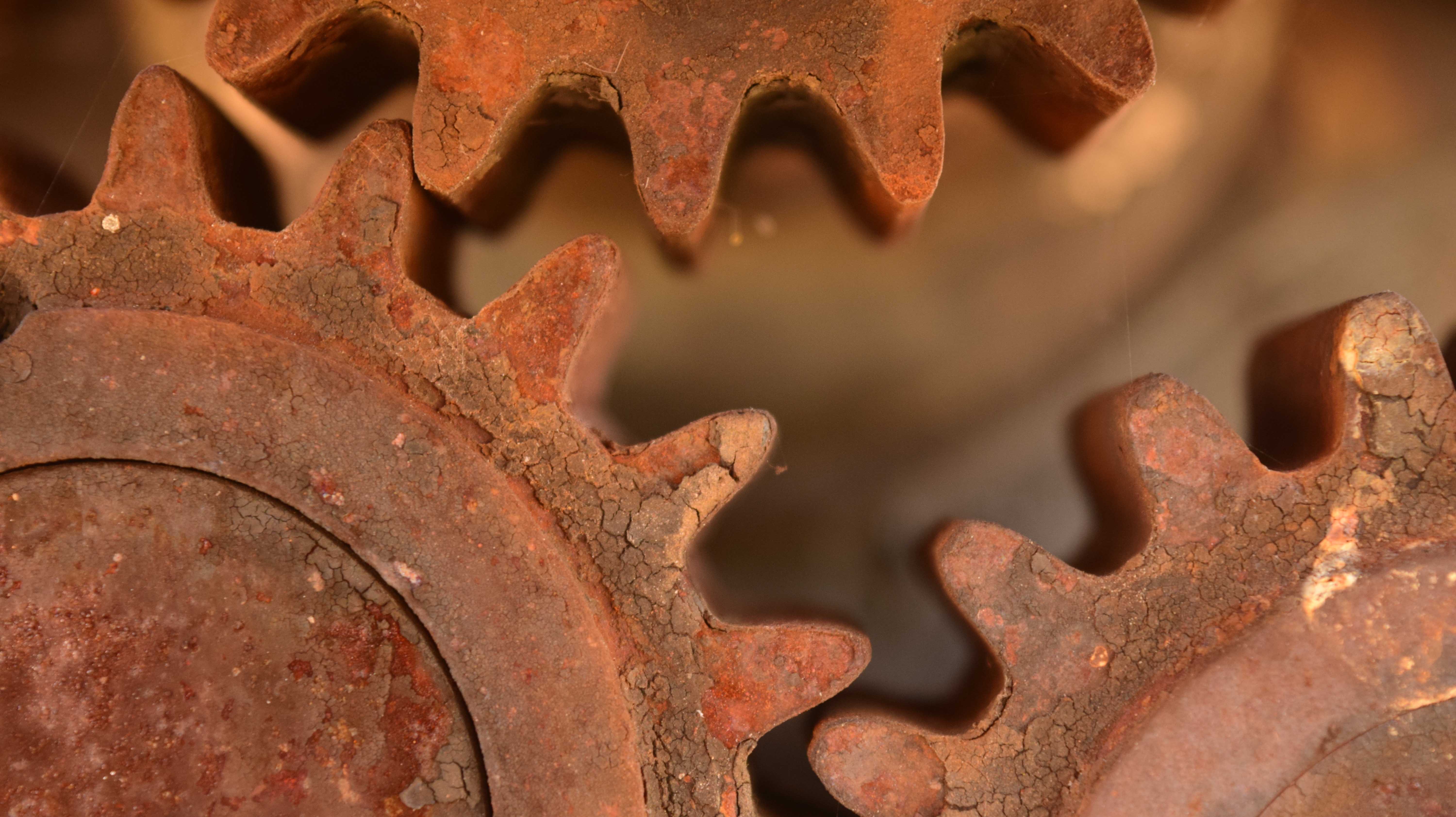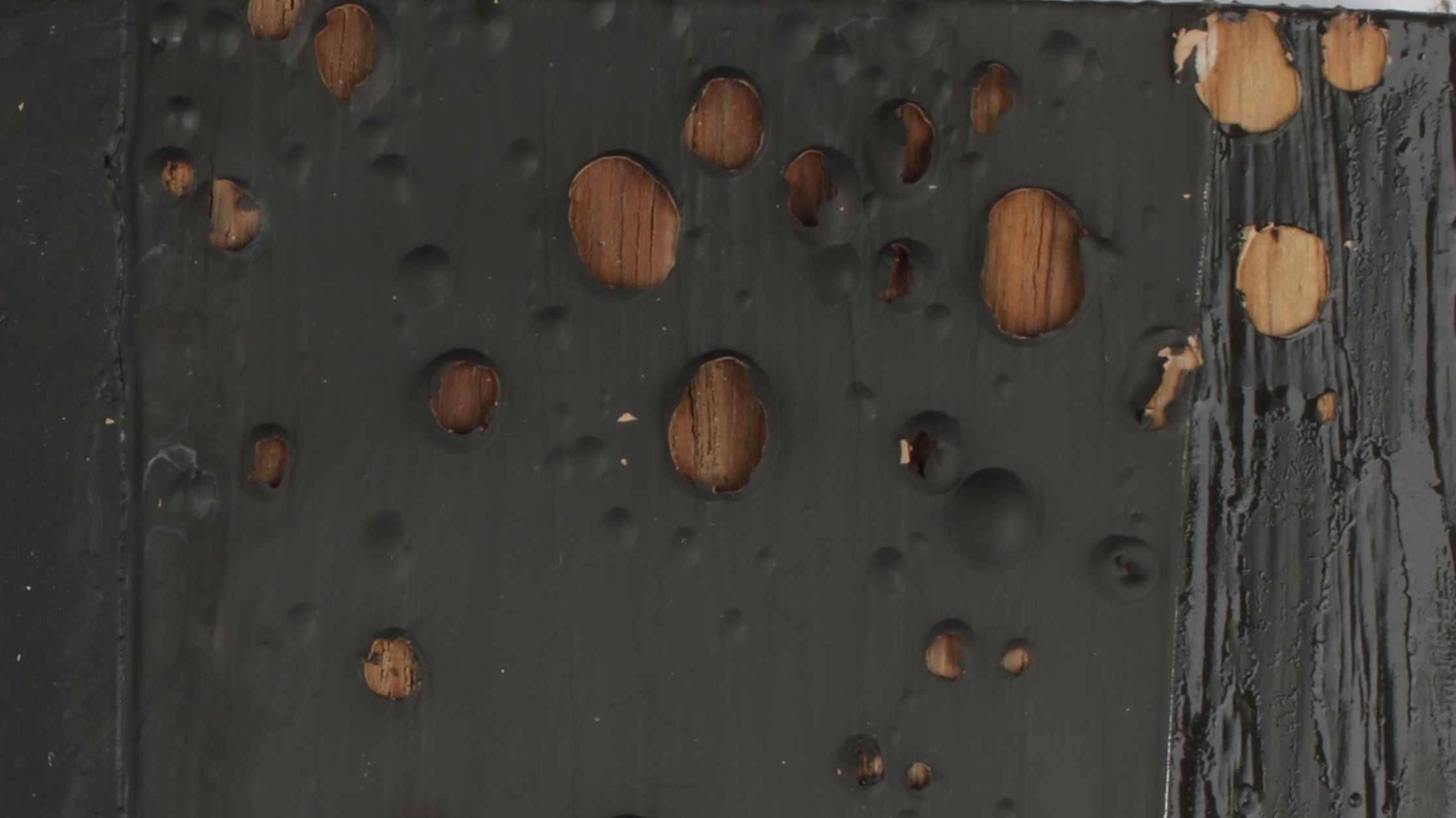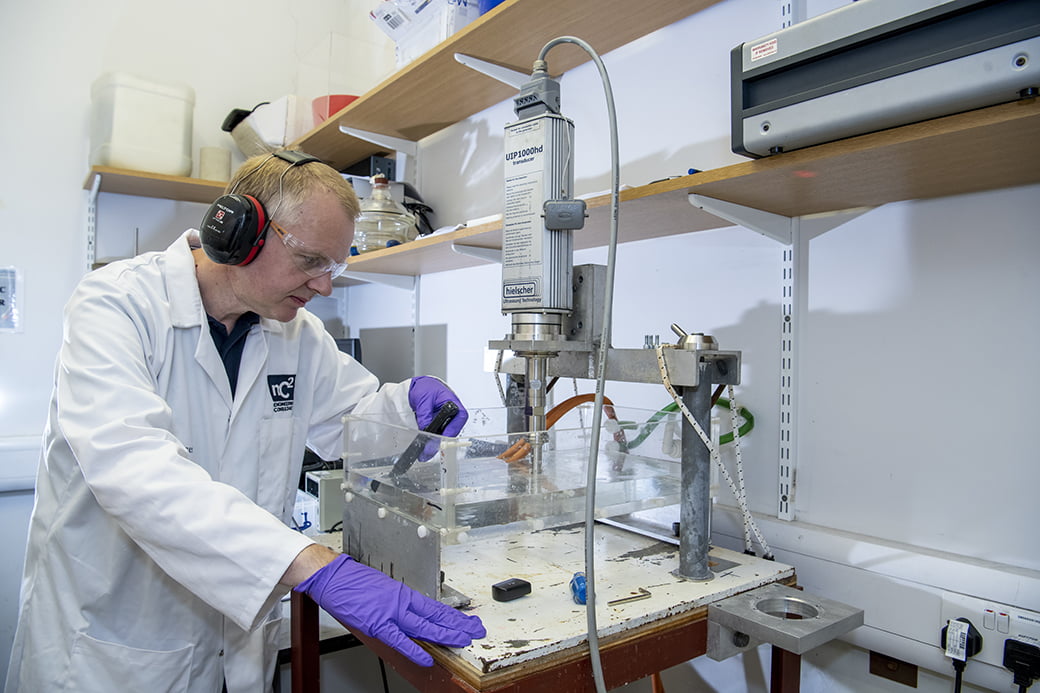Dr Spencer Court, Senior Corrosion Consultant, is nC2’s cavitation, corrosion and environmental testing expert. He joined us in 2016, bringing 15 years’ experience of corrosion-related projects in the marine and oil/gas industries. He has since used his specialist knowledge to help clients across many industry sectors including defence and manufacturing.
Spencer has a degree in applied chemistry and a PhD in corrosion science, and is a professional member of the Institute of Corrosion.
Tell us more about your areas of expertise at nC2
I lead on nC2’s paints and coatings and corrosion testing. We have recently expanded in this area employing a new corrosion consultant, Rachel Triggs.
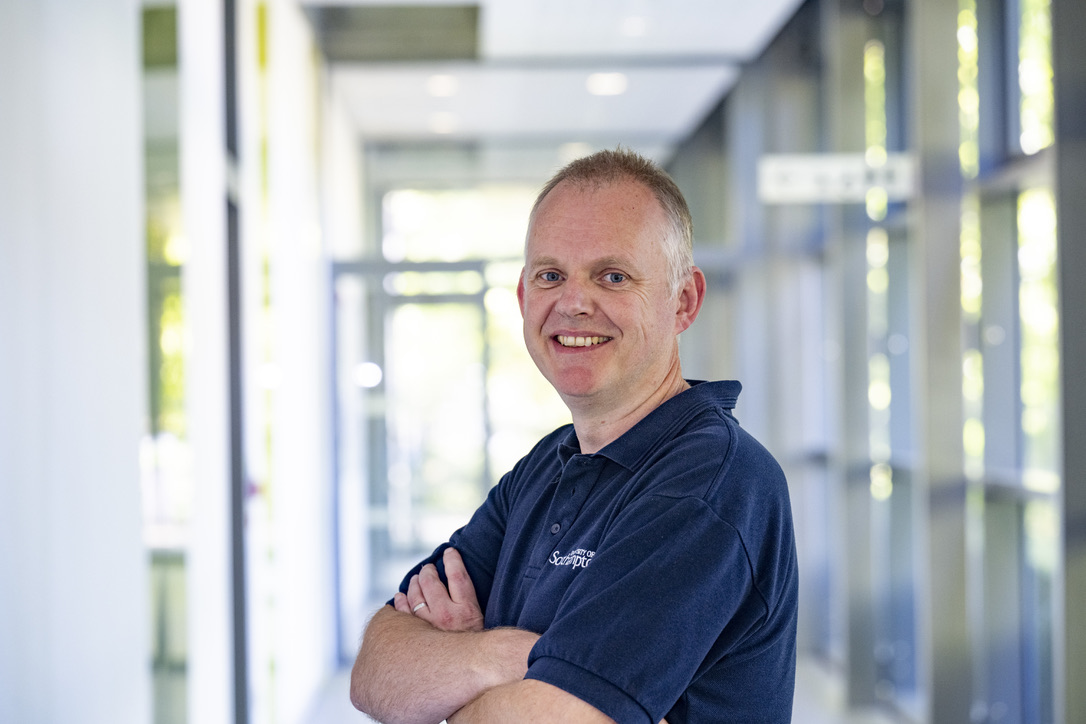
Dr Spencer Court
One element of this is environmental corrosion testing, which recreates aggressive environments such as salt spray and high humidity to identify the resistance of materials/coatings to a specific environment. I oversee and maintain two environmental chambers and one UV chamber, which adhere to industrial standards. We test the sample materials/coatings by monitoring changes in colour, weight, gloss, visual appearance etc.
This is often coupled with electrochemical corrosion testing, which involves taking measurements using potentiostats which are used to determine the corrosion rates of materials and also the impedance resistance of coatings. These tests are generally quick and can be used to back up the information from the environmental testing.
I also conduct cavitation erosion testing, which measures the wear caused by water bubbles imploding onto a surface, and friction testing, which uses a TE77 tribometer to measure sliding wear and friction for a material pair.
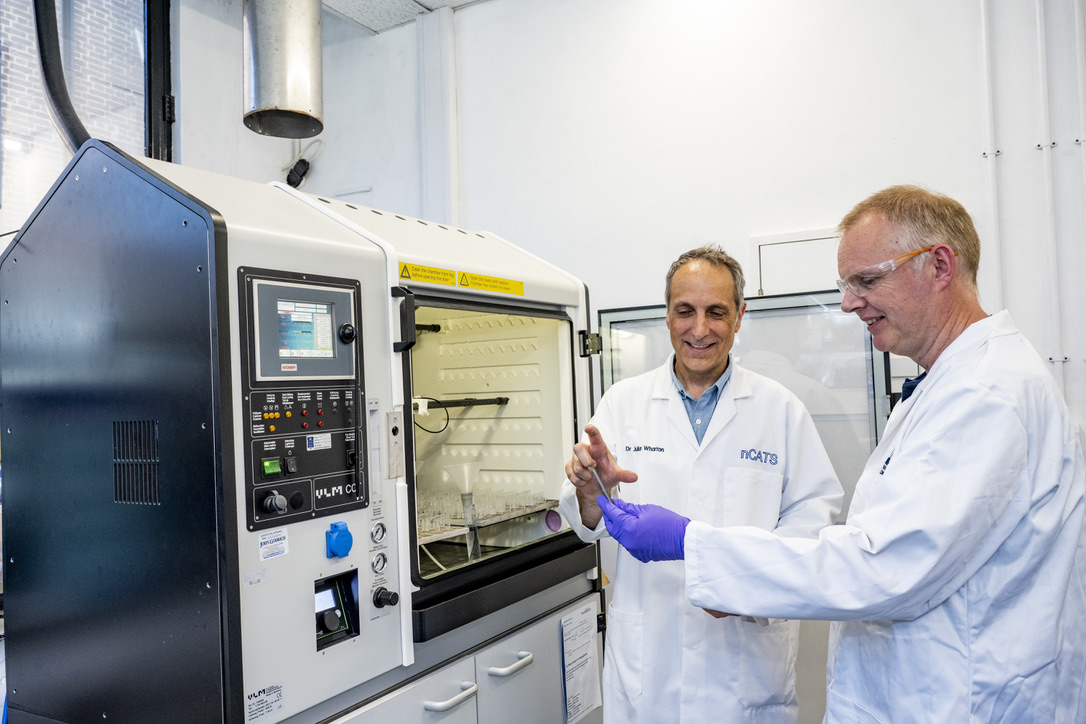
Examining salt spray samples
What sort of projects have you been working on?
One long-term project is for the UK’s Defence Science and Technology Laboratory (DSTL) for whom we have been testing paint schemes for compliance with REACH chemical regulations since 2015.
This combines environmental tests, where the samples are placed outdoors for two years, with accelerated tests where they are put into environmental chambers for three months. The samples are assessed at the start of the tests and then at regular intervals, for mass, gloss, colour and thickness. By correlating the results of the two types of test, we can get a better understanding of how the accelerated tests equate to real-world, longer-term performance.
What originally made you want to go into an engineering/scientific career?
Sciences were my favourite subjects at school, especially chemistry. During my applied chemistry degree I did a corrosion module – I found it the most interesting part of the course because I could relate it to real-life problems. After that I knew I wanted to pursue a career in corrosion and/or product development.
Tell us about your career path before you joined nC2
I worked for companies in the marine and oil/gas sectors. One of my first jobs was designing cathodic protection (CP) systems for ships and yachts. CP is an electrochemical technique to control the corrosion of a metal surface. I moved on to CP projects for ports and harbour installations, and then pipelines and rigs in the oil and gas industry.
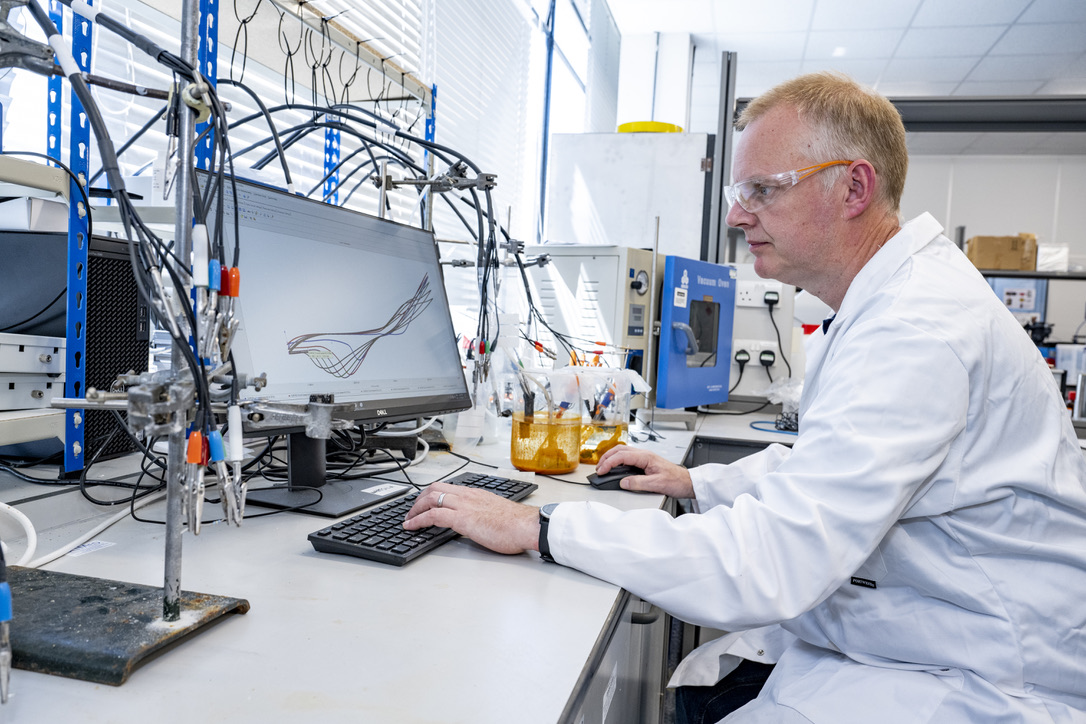
Electrochemical corrosion tests
How has this experience influenced your approach at nC2?
I developed an eye for detail and a structured and rigorous approach to my work, and gained the experience to dig a bit deeper into clients’ problems to ensure they get the service they really need.
In one of my roles I was responsible for ensuring the quality of manufacturing sacrificial anodes and established a quality assurance programme, including setting up an electrochemical rig to test anode capacity. I enjoyed working under a quality management system and have used that experience to start a quality procedure at nC2.
In subsea structure design, we had to follow a very structured approach and go through our designs with a fine-tooth comb, because once these types of structures are built there are no easy fixes and any mistakes could be catastrophic. Our work had to adhere to strict industrial standards and be scrutinised and approved by regulatory bodies – this has become useful at nC2 as we carry out testing to international standards.
In your view, what are nC2’s strengths?
As well as expertise, we have equipment that is not usually found in industry, so we can offer services for problems which require specialist facilities. One example is the TE77, a reciprocating tribometer which we use to determine the friction and wear characteristics of materials. If we don’t have a particular service we also have the capability to design and manufacture or supply equipment to suit the needs of a particular project. We also have access to University libraries if, for instance, research needs to be carried out on a particular topic.
What do you most enjoy about your work at nC2?
It’s a small team and I like the variety. The mixture between short and long-term projects means we’re working on something different quite regularly but using the same techniques, so am becoming proficient in my area of expertise as well as new areas such as cavitation and friction.
I like the fact that I have learnt a lot of new skills. As a small unit we all have to get involved with the day to day running of nC2 do things alongside our own projects. I have got involved in everything from setting up a Google adword campaign and developing a website to establishing a quality procedure.


